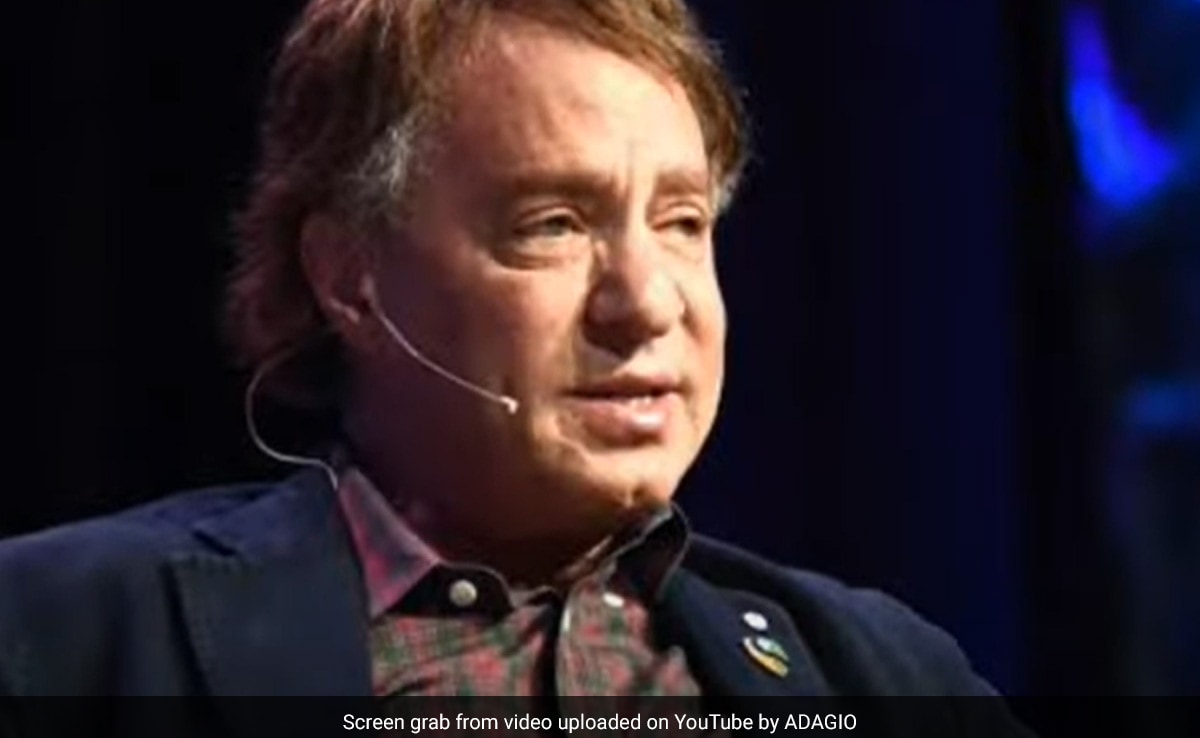
Mr. Kurzweil’s comments have resurfaced in a two-part series on YouTube by vlogger Adagio.
Former Google engineer and prominent futurist Ray Kurzweil has predicted that humans will achieve immortality with the help of nanobots in just seven years.
The 75-year-old computer scientist, who was awarded the National Medal of Technology in 1999 and inducted into the National Inventors Hall of Fame in 2022, has made this shocking prediction in recent decades. His comments resurfaced online in two parts YouTube series By Adagio vlogger.
The videos, which have collectively amassed thousands of views, revisit claims made by Mr. Kurzweil in his 2005 book, The singularity is near. He predicted that the technology would allow humans to achieve eternal life by 2030. He also stated that the current developments and expansion of genetics, robotics and nanotechnology will allow nanobots to run through our veins in the near future.
According to the New York Postthe former Google engineer also said that “2029 is the fixed date I predicted when AI would pass a valid visa.” [Alan] Turing test and thus achieve levels of human intelligence.
“I have set the date 2045 for the ‘singularity’ which is the time when we will multiply our effective intelligence a billion-fold by merging with [artificial] “We made intelligence,” he added.
Read also | Google’s AI Chatbot Fails Essential American College Examination Questions: Report
According to Mr. Kurzweil, in less than a decade, humans will also have created technology to stave off aging and disease using microscopic robots, sent to repair our bodies on a cellular level. He also claimed that such nanotechnology would allow people to eat whatever they want while staying slim and energetic.
Now, according to mailWhile Kurzweil’s predictions seem somewhat far-fetched to some, many of his earlier claims have come true. He had predicted that consumers would be able to tailor their own clothing to exact measure and style requirements from home computers by 1999. He also said that the world’s best chess player would lose to the computer by 2000, and that people would primarily be using laptops with a wide range of sizes and shapes by 2009.

“Writer. Amateur musicaholic. Infuriatingly humble zombie junkie. General internet maven. Bacon enthusiast. Coffee nerd.”
